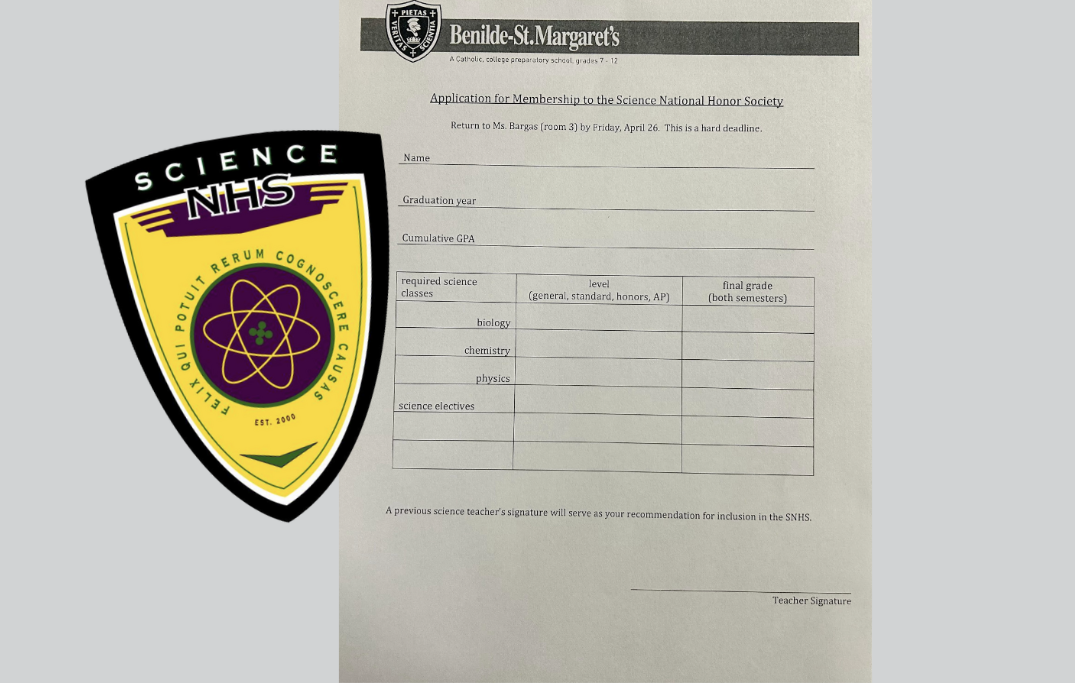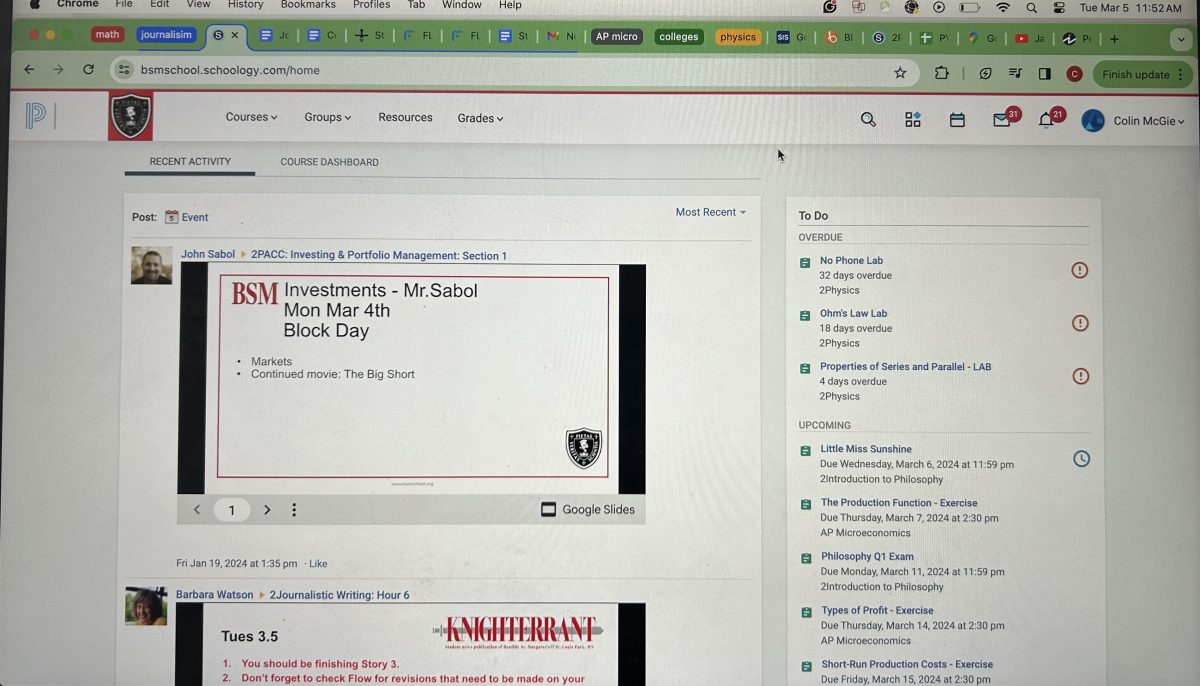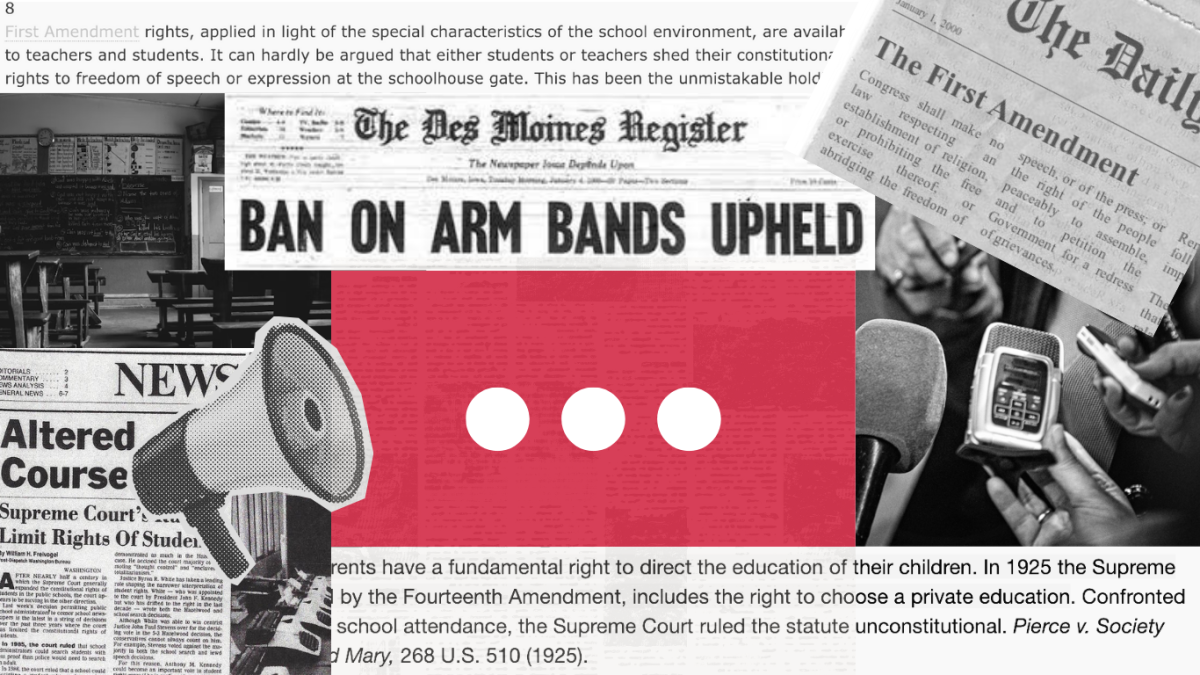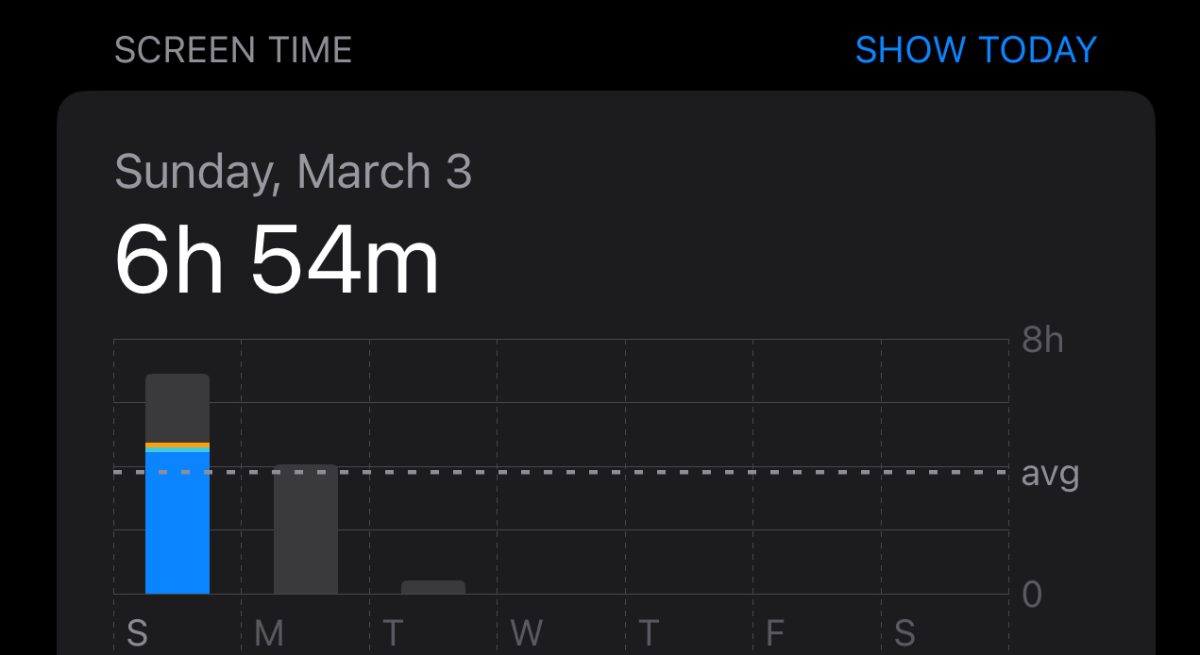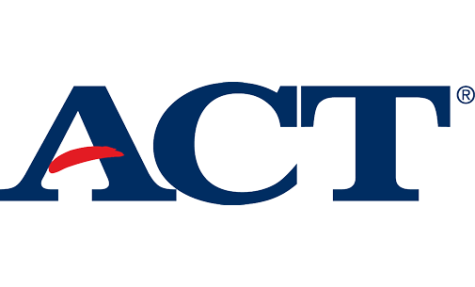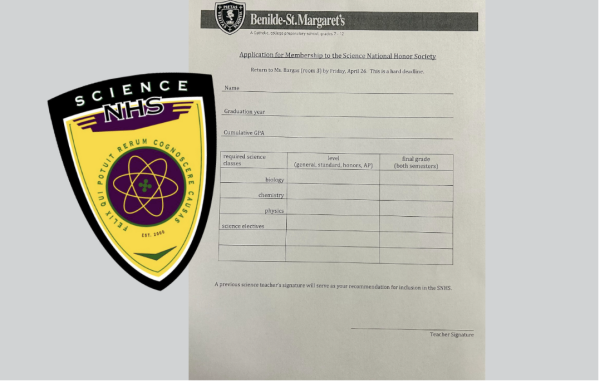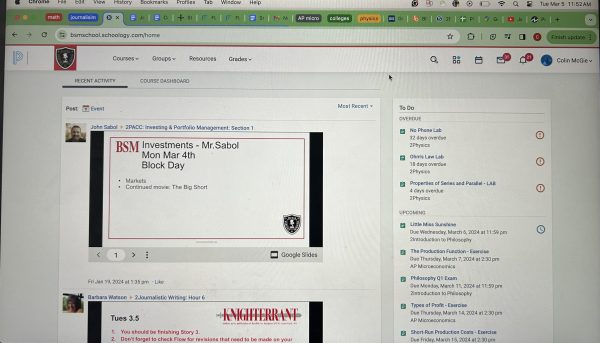Do Students Prefer Test Optional Colleges?
Many BSM students apply to test-optional colleges.
Standardized testing: two words that strike fear and annoyance into students’ hearts like few others. The role of standardized tests in college admissions has been evolving rapidly, especially after the pandemic. More and more colleges are choosing to become test-optional, meaning that students choose whether or not to submit their test scores.
Senior Avery Hawkinson was one of many who chose not to submit her test scores. She applied to all test-optional colleges, including University of Madison Wisconsin and University St. Thomas, and chose to focus on her essays instead of submitting her ACT score. Hawkinson believes that test-optional should continue, as standardized tests aren’t always the best representation of a student. “I think [test-optional is] a really great idea. I think that if they were able to let in free freshman class with a test optional, I think that they should keep doing it,” Hawkinson said.
On the other hand, some students, like senior Kevin Kane, didn’t lean toward test-optional colleges. Kane applied for both test-optional and test required colleges, but their policies didn’t change his opinion about them. His counselors encouraged him to send in test scores, as they helped him more than hurt him. Kane supported this suggestion, as he believes that, after COVID, not sending in a test score can imply that the score wasn’t very good. “If you don’t submit your test scores, it’ll look really bad… they just assume that you got a bad score,” Kane said.
Unlike Kane, the majority of BSM students chose not to submit their scores. Only 38.2% did submit their scores. Most BSM students didn’t care if a college were test-optional, with only 26.5% saying that it ‘affects [their] opinion of it’. 70.6% applied to more test-optional schools than test-required schools. As a result, BSM counselors are now guiding students and parents through the application process for more and more test-optional schools.
Guidance and college counselor Heidi Wessman is having more conversations about whether or not it makes sense for students to spend a lot of money and time on the SAT or ACT. More and more colleges are becoming test-optional, and Wessman helps students figure out if their transcript is the best representation of their academic achievements. She also takes a look at the middle 50th percentile for college test scores. “So if we know [the percentile] then we can advise the students… ‘if your test score is on the lower end of that… then you may not want to submit your score’,” Wessman said.
Because of these changes to admissions, students are able to apply to a wider range of colleges, increasing the amount of choices students need to make. “Previously, [students] may have not been able to apply to [a] university because of a test score… But now students are able to cast a wider net. So in a sense… it also does become a little bit more challenging, because you have a wider net to cast, so now we’re looking at a lot more schools,” Guidance and college counselor Vicky Haas said.
Haas says that the most important thing for students to focus on going into the admissions process is their academic transcript. Now that many colleges aren’t requiring test scores, the success and rigor in high school classes can be a good indicator of a student’s overall success. “I think it’s a great way for students to highlight their true academic self, their activities, their leadership without being labeled with a test score. And I think it just provides students the opportunity to apply to more schools and see what’s a better fit for them,” Haas said.
We think it’s still imperative to kind of have that idea of sitting down, taking a test score… a lot of those standardized tests are still going to be in place for future professions, graduate schools,
— Vicky Haas
A major factor behind the move towards test-optional policies, according to Wessman, is COVID-19. “Some colleges were making the shift to test optional before COVID. And many of them looked at their data and they realized that… the transcript information was much more valuable to them. And so that’s why they shifted to test optional, or even test blind… But because of COVID, and the inability for some students to take tests… Most schools went to test optional for that reason… So COVID was really what pushed it towards [an] almost across the board test optional environment,” Wessman said.
According to The Washington Post, test scores had become a major factor in deciding who was accepted into a college. However, as COVID-19 disrupted the testing system, it forced colleges to switch to test-optional. While people had been rallying behind the change for a few years, the pandemic caused the major shift, as even Ivy League schools dropped test requirements. Colleges are able to see the benefits of a test-optional environment, and schools like Stanford and Boston College are remaining that way through 2024.
Furthermore, Haas believes that most colleges are likely to remain test-optional, as they have managed to have a good pool of students regardless. College counselors recommend taking the practice tests BSM will continue to offer, because they may be beneficial in the long run. “We think it’s still imperative to kind of have that idea of sitting down, taking a test score… a lot of those standardized tests are still going to be in place for future professions, graduate schools. So we still want our students to have that practice and those skills of taking the test and whether or not you use it… we really want to set you up for the success that you can use it and you can have a great score and send it to the universities,” Haas said.

